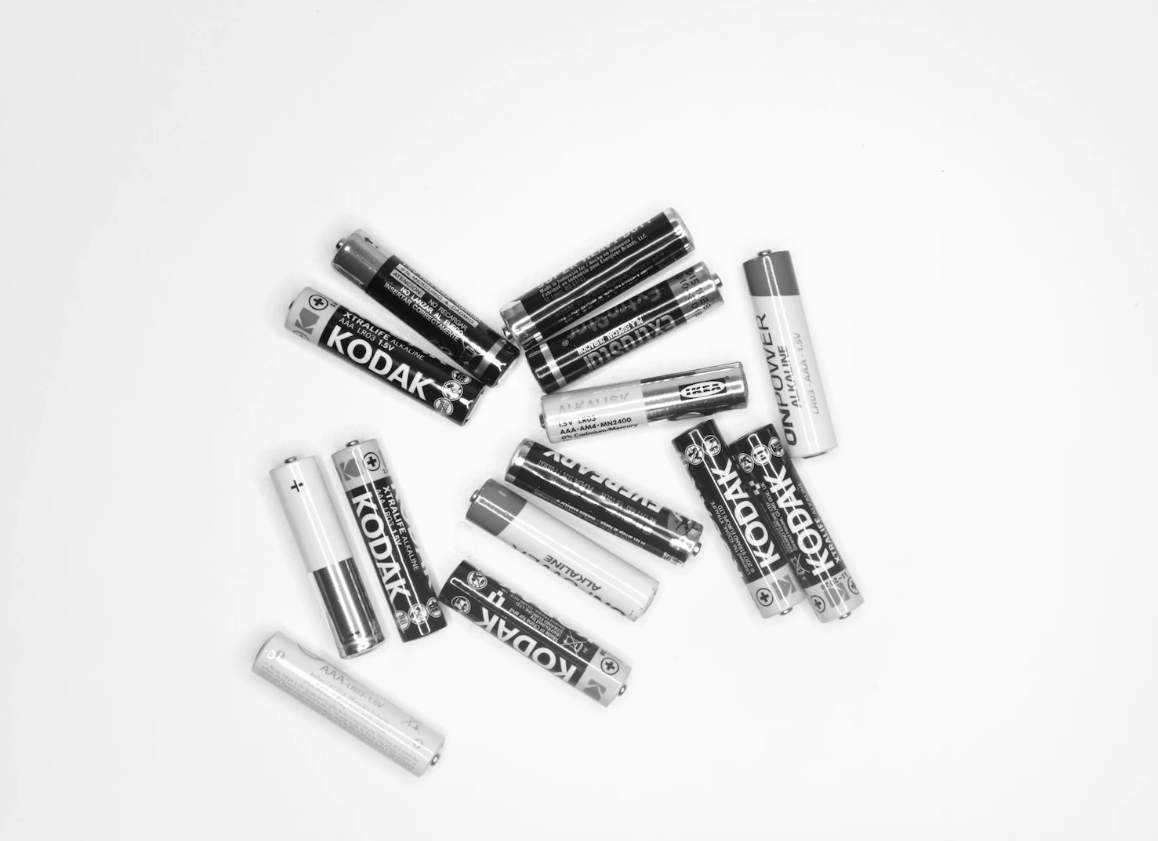Compared to conventional new battery technology, lithium-ion batteries charge faster, last longer, and have a higher power density to keep the battery going longer, while being lighter in size. If you understand a little bit of the basic working principle of the battery, they can be able to better run for you. Then we'll move on to see in detail why many people are choosing lithium ion batteries.
Lithium-ion batteries for electronic devices use fast charging to quickly reach 80% of the power, and then switch to a slower trickle charge. The time taken to fill the initial 80% charge will vary depending on the setup and battery charging equipment. When the battery exceeds the recommended temperature, the software may limit the battery charge after the charge reaches 80%. This combination of processes not only allows you to take your device out faster, but also extends the life of the battery.
You can charge your electronic device's lithium-ion battery cells whenever and wherever you need to. Before the battery is charged, there is no need to discharge 100 percent first. Lithium-ion batteries for electronic devices operate on a battery charge cycle time basis. If you use (discharge) up to one hundred percent of the battery capacity, you have completed a battery charge cycle time, but not necessarily using a single battery charge to do so. For example, you might use 75% of the battery one day and then fully charge the device overnight. If you used 25% the next day, the total discharge would be one hundred percent, thus completing a cumulative battery charge cycle time over two days. It may also take several days to complete a battery charge cycle time. After a certain amount of battery charging, the capacity of any type of battery will decrease. The capacity of a lithium-ion battery decreases slightly with the completion of each battery charge cycle time. Lithium-ion batteries for electronic devices can maintain at least 80% of their original battery capacity after completing many battery charge cycle times; actual conditions vary depending on the new product.

1, long service life, 18650 lithium battery can cycle charging 1000 times, large lithium battery (power wall, rack-mounted batteries, etc.) cycle can even reach 8000 times, can be used thousands of times more than tens of thousands of times, more than twice the life of ordinary batteries.
2, high safety factor, lithium batteries are also very high safety performance, both environmentally friendly and non-polluting, non-toxic, while being able to use with confidence, will not burn or explode like shoddy batteries, while its high temperature resistance to use extremely good performance.
3, lithium-ion battery voltage compared to other batteries is relatively high, there is no memory effect, so there is no need to empty the power and then recharge, with the charge, very convenient.
4, lithium-ion battery resistance is very small, so the battery's self-electricity consumption is greatly reduced, so everyone's cell phone can increase the range, the level is very high, and can be closely integrated with the international level.
